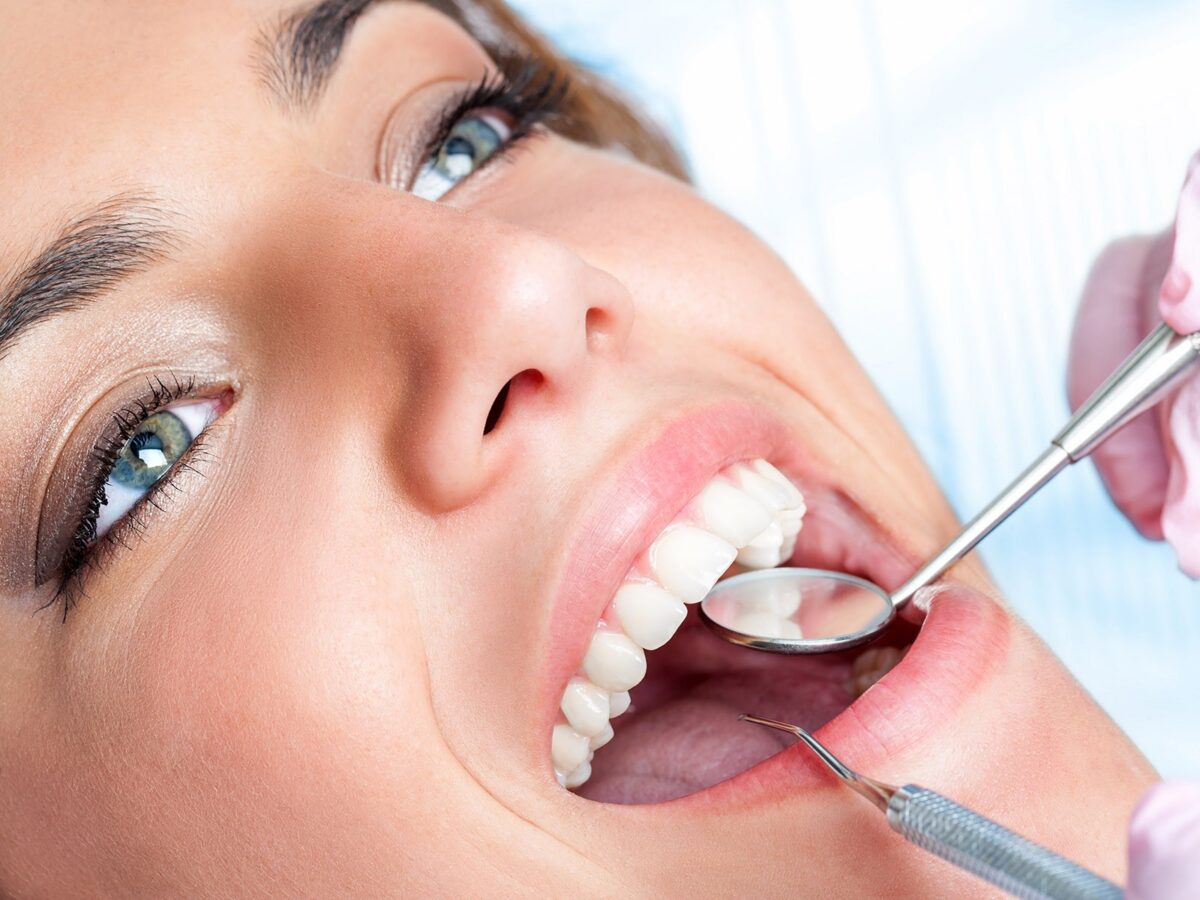Blog
Dental hygiene tips for healthy teeth & gums

Link Between Your Oral Hygiene and Cancer
The poor condition of a person’s teeth and gums can make them more susceptible to oral viruses that cause certain types of cancer, such as mouth and throat cancers. Our perception of poor oral hygiene is often associated with dental caries, gingivitis, periodontitis (gum disease) and foul odour; however, poor oral hygiene can, over time, lead to fatal diseases such as cancer. In a study of 3,400 U.S. adults, researchers found that those who said their oral health was “poor” to “fair” were more likely to have oral infections such as human papillomavirus (HPV), which can cause cancer in some cases. Ten per cent of people with gum disease and tooth decay tested positive for oral HPV.
What is the role of the oral cavity?
The oral cavity performs many vital functions in humans. Preparation and formation of boluses, taste and swallowing are a few examples. Furthermore, human verbal communication occurs and is the main entrance for two systems vital to human function: the gastrointestinal tract and the respiratory system. This area can be destroyed by poor oral hygiene and subsequent oral cancer. Oral cavity cancer is more likely to occur in men than in women, with a 3:1–4:1 ratio. Oral cancer is believed to be caused by a range of environmental factors as well as cultural factors. For example, cancer of the floor of the mouth accounts for half of all cancers in India, but only 5% of all cancers in the United States. Different cultures and habits (e.g. good oral hygiene in the United States) explain the differences.
What are the factors causing poor oral hygiene?
Poor oral hygiene is caused by numerous factors, including tobacco chewing, alcohol use, areca nut consumption, infrequent dental visits, immunocompromised status, low socioeconomic status, and low level of education. The combined effects of these factors have been shown to impact oral hygiene negatively.
How does poor oral hygiene cause oral cancer?
Oral cancer is strongly associated with poor oral hygiene. It enhances the carcinogenic potential of other known carcinogens, such as tobacco and alcohol. For example, it promotes easy conversion (faster endogenous nitration) of tobacco metabolites into cancer-causing compounds (nitrosamines), leading to cancer development. Additionally, poor oral hygiene reacts with alcohol, forming aldehyde-a class I carcinogen. (Class I carcinogens are products that can cause cancer independently).
How can you prevent oral cancer by maintaining good oral hygiene?
The consumption of tobacco or tobacco products is one of the major causes of gingival recession (loss of gum tissue), leading to loosening of teeth and pre-cancerous lesions. Additionally, avoiding alcohol consumption may help maintain good oral hygiene since alcohol users have tar-coated teeth, bleeding gums, and bad breath.
Book an Appointment to find out which treatment might be best for you.


